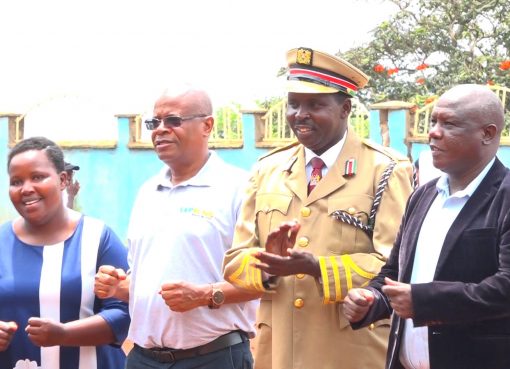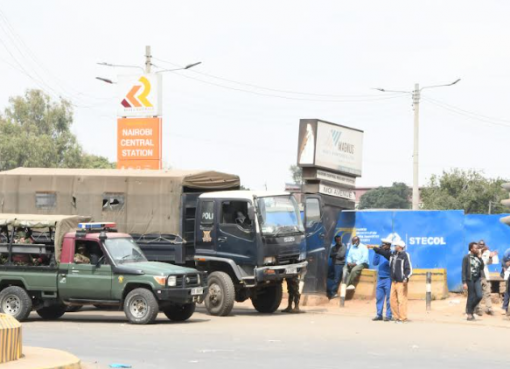Data from the World Health Organization (2018) estimates that between 50,000 to 100,000 women worldwide are affected by obstetric Fistula every year.
According to WHO, obstetric fistula is defined as an abnormal opening between a woman’s genital tract and her urinary tract or rectum and is directly linked to one of the major causes of maternal mortality, obstructed labour.
The organization estimates that more than 2 million young women live with untreated obstetric fistula in Asia and sub-Saharan Africa and women who suffer from the condition face constant incontinence, shame, social segregation and other health-related problems.
A non-governmental organization in Kisii has established a program in response to the high prevalence of obstetric fistula among women in the county in order to restore the hope and dignity of fistula survivors.
Daraja Mbili Vision Volunteers Youth Group has been creating awareness on fistula by providing education sessions, mobilizing women to go for fistula treatment as early as possible and facilitating the treatment of women with fistula.
Speaking during the commemoration of International Day to End Obstetric Fistula in Kisii town, Daraja Mbili Officer Everylne Kwamboka said they are targeting women of reproductive age who often suffer from the condition after childbirth to prevent cases of fistula.
According to Kwamboka, only 30% of women suffering from fistula have come out to seek help, translating to approximately 1,850 women in the county while the rest are still hiding.
She encouraged women who are victims of fistula to go for screening and get treatment and also urged expectant women to go for prenatal and post-natal visits for checkups to prevent them from fistula.
The Officer noted they are partnering with Fistula Foundation to train health practitioners handling fistula cases and provide funding for the treatment of fistula survivors in various health facilities.
Kwamboka added the organization provides free transport to fistula survivors to enable them access the health facilities and ensure they get the best treatment.
“Some of the challenges women with fistula face include the fear of coming out and seeking help, the stigma associated with the condition leading to isolation from the community, misconceptions on fistula and the cost of treatment when the women seek treatment on their own,” she added.
Speaking separately, Lillian Kerubo who is a fistula survivor, said it took her a while to open up to a doctor about her condition because of the stigmatization which comes with it.
“I had heard of fistula, but did not know that one day I would be a victim until the day I started experiencing urine leaks,” remarked Kerubo.
As such, she made a decision to seek treatment, but had to wait until she had delivered her second child since she was expecting another child.
Through the support of Daraja Mbili Vision, Kerubo underwent a fistula repair surgery which restored her confidence and she is now living a more fulfilled life.
Roselyne Mung’ale, another fistula survivor who got help from the organization, said she developed the condition after giving birth to her last born.
She noted that she had a normal birth, but when she returned home from the hospital, she started experiencing uncontrolled urine leaks.
“I informed my husband about my situation and was later taken back to the health facility for treatment, even though I did not receive timely treatment and was adversely affected,” Mung’ale recalled.
Since the repair, she told KNA that she has been faring well and had resumed her normal life including doing house chores with ease.
Mung’ale also urged women who have been affected by fistula to come out in large numbers and seek treatment.
“Daraja Mbili Vision is here to provide solutions for women who have been affected by fistula and they should take advantage of the same,” she concluded.
By Linet Akinyi and Mercy Osongo





